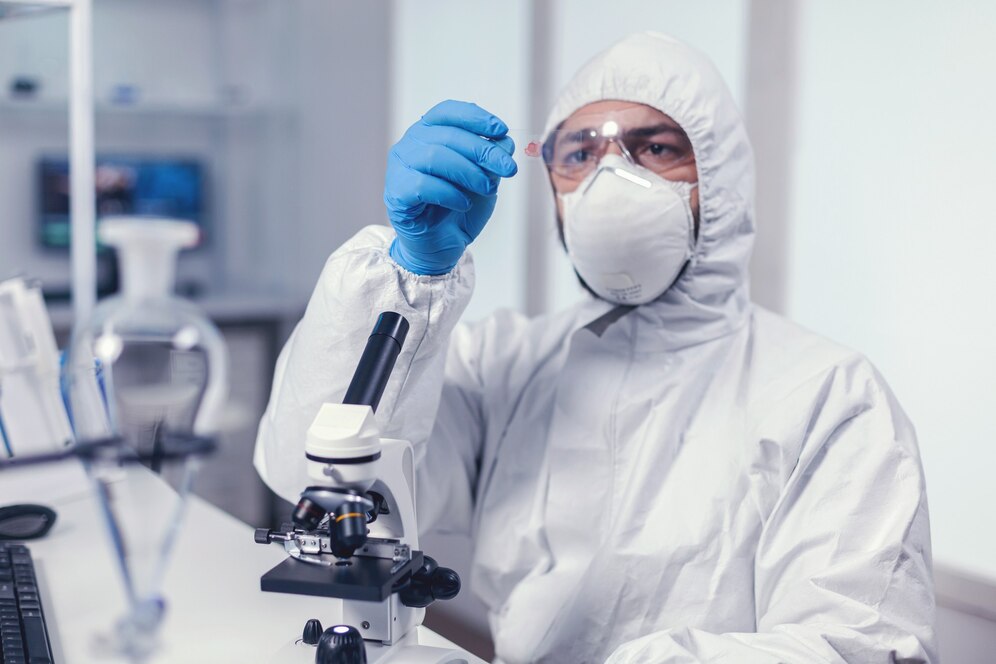Artificial Intelligence (AI) is transforming the field of medical research, offering unprecedented capabilities in data analysis, diagnostics, and drug discovery. AI technologies, such as machine learning and deep learning algorithms, are speeding up research processes, enabling scientists to make faster and more accurate discoveries. This cutting-edge tool is not only enhancing our understanding of diseases but also revolutionizing the way we develop treatments and deliver personalized medicine.
AI in Drug Discovery
Drug discovery is one of the most time-consuming and costly aspects of medical research. AI is helping to change that by analyzing vast amounts of data, predicting how molecules will interact with specific proteins, and identifying potential drug candidates at a much faster rate. This accelerates the process from initial research to clinical trials, potentially reducing the time it takes to bring new medications to market.

AI in Diagnostics
AI is also revolutionizing diagnostics by enabling faster and more accurate analysis of medical images, such as X-rays, MRIs, and CT scans. Machine learning algorithms can detect patterns in the images that may be too subtle for the human eye, leading to earlier detection of diseases like cancer, heart conditions, and neurological disorders. This improvement in diagnostic precision allows for earlier intervention and better patient outcomes.
.jpeg)
The Future of AI in Medical Research
As AI technology continues to advance, it is expected to play an even larger role in medical research. AI’s ability to analyze complex datasets, such as genomic information, will pave the way for more breakthroughs in personalized medicine, where treatments are tailored to individual patients based on their genetic profiles. The integration of AI into research not only has the potential to speed up discoveries but also to make healthcare more precise, affordable, and accessible to all.
